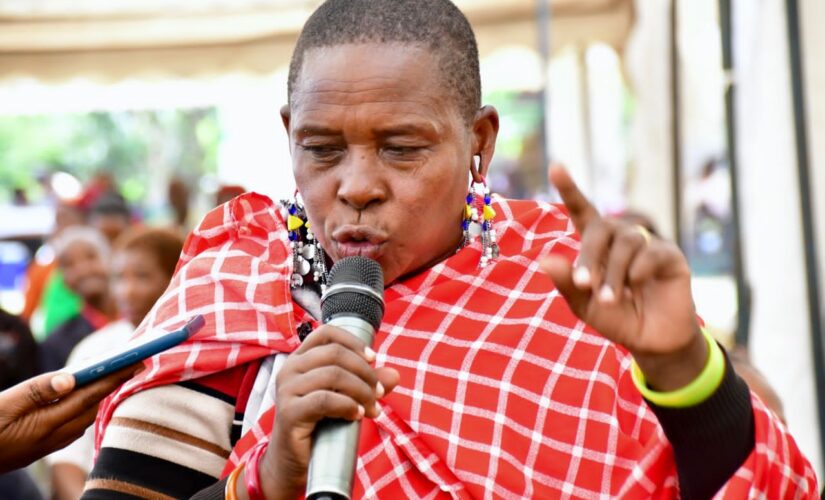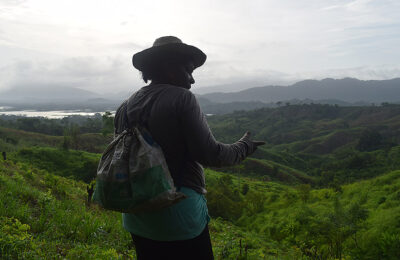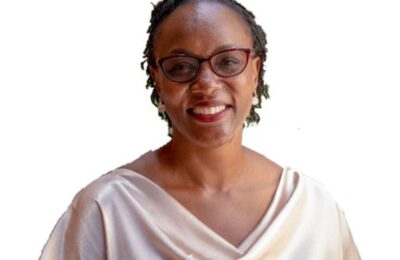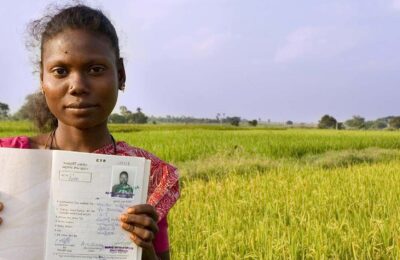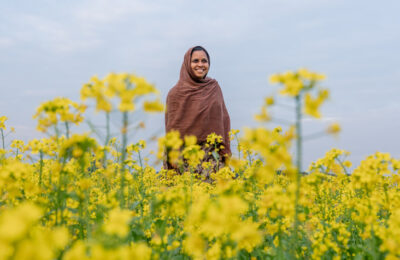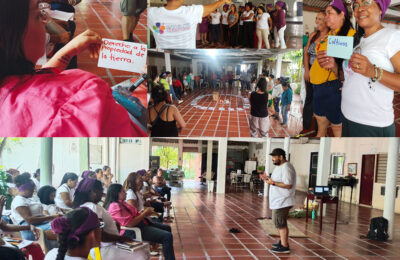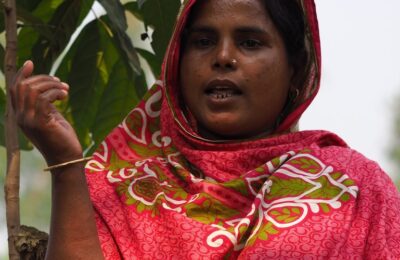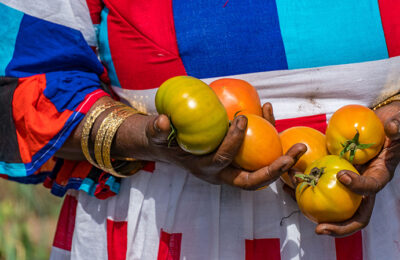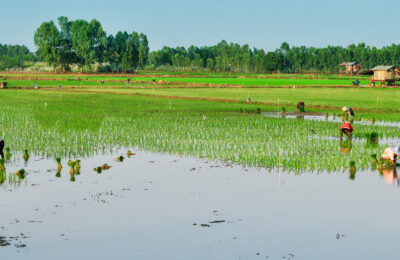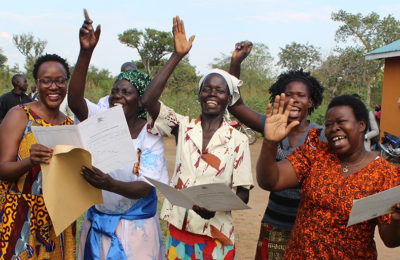Beyond Land Access, Control, and Ownership: Rural Women’s Call
For Rural Women's Day, the S4HL Tanzania Coalition in collaboration with the Ministry of Community Development, Gender, Women and Special Group organized a Rural Women Forum in Arusha. It was a space for rural women to learn about and share real-life stories on issues related to land rights, women’s role on land governance, climate action leadership, and food security.
Neither leasing nor owning land, women in Montes de María cannot enjoy the land
COLOMBIA — This in-depth investigative piece on the state of women's land rights in Montes de María is a product of the alliance between the Coalition of Caribbean Women for Land and Territory and Verdad Abierta as part of the S4HL Colombia campaign.
The nexus between gender, land rights and climate change
THE MONITOR — UCOBAC's Frances Birungi Odong explains how women in Uganda are more impacted by climate change than men, which is why securing women’s land rights has become critical in the war against climate change.
To Avert the Next Humanitarian Crisis, Empower Women and Girls
It is time to honor women as guardians – of the soils that grow our food and the forests that stand as a bulwark against climate change. To honor them is to support their work, learn from their experiences, listen to their wisdom, and include them at all decision-making tables.
Land is power: act now to end inequality
Equal inheritance rights are a path toward achieving an equitable, hopeful future; they are positively associated with higher levels of women’s entrepreneurship and can lead to economic empowerment. Read Monoara's story and how equal inheritance rights can help us achieve transformative change now.
Our experience at the first module of the Feminist School
ZAMBRANO, COLOMBIA — Darlis Rojas and the Communication & Research Committee of the Colombian Coalition share their experiences from the first Feminist School workshop on rights to land and territory.
Secure land rights offer an equitable solution in the face of the climate crisis
Rowshan Moni Jahan, ALRD Deputy Executive Director, explains the vital nature of inclusive land rights for Bangladesh’s climate resilience.
Land Tenure: A Cross-Cutting Solution for Poverty, Climate Change, and Women’s Rights
The S4HL Campaign is profiled in a Skoll article for its work at the global and grassroots levels to increase awareness, generate resources, build capacity, and change mindsets about the relationship between women and land.
Secure land rights: A sustainable solution at the intersection of climate change and COVID-19
COVID-19 and climate change are impacting all of us, but the dual disasters have a disproportionate impact on communities in emerging economies.
Why we need S4HL in Uganda
Life for Santa and her children would have been less of a challenge if she didn’t have to live in constant fear as she struggled to protect her major source of livelihood: her land. Read about her journey to secure her land rights.

